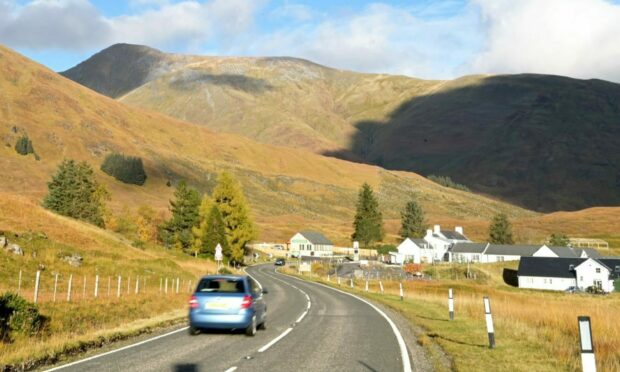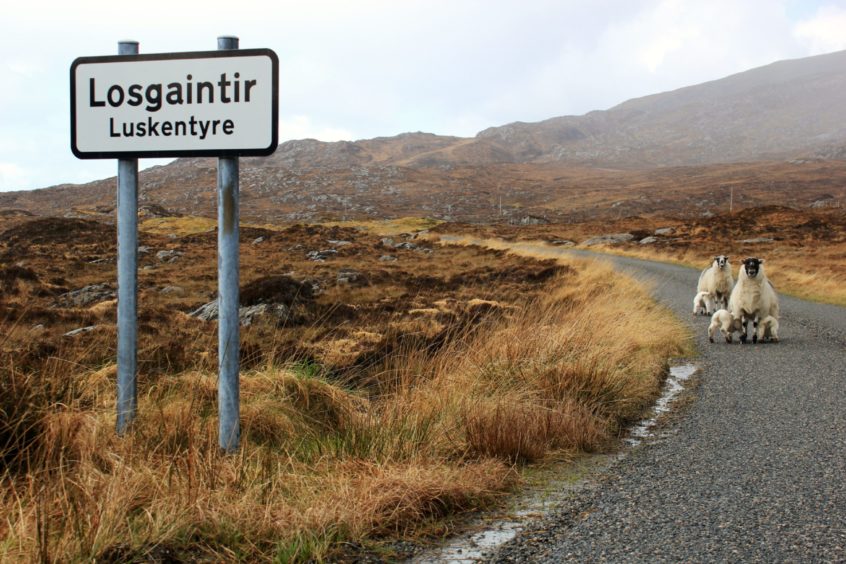A director of a Scottish rural charity has warned the fuel price crisis is hitting rural communities differently from urban ones.
Jenny Milne, founder and director of the Scottish Rural and Islands Transport Community (SRITC), said that rural and urban needs are different.
She believes more needs to be done to support rural communities, with distances between facilities far greater – and a more common need for volunteers to assist with transport for isolated elderly people.
The former university lecturer said: “We need to acknowledge that things are different from rural and island perspectives rather than urban because that’s often not acknowledged, or taken on board.
“I think it was six out of 10 of the areas in Scotland, that is classed as rural, are now spending 20% on transportation.”
The price of fuel has now reached record-breaking levels, with prices in Aberdeen this week nearing £2 per litre – following the trend of the more remote stations earlier this year.
‘People can’t even get to petrol stations’
SRITC was founded in 2017 as a social enterprise to build a community that works to address the many transport challenges facing rural and island communities.
Mrs Milne told BBC Good Morning Scotland: “A lot of people can’t even get to petrol stations, because it’s not two miles away, it could be 10, 15, 20 miles away. And the uncertainty of actually having fuel at that station to be able to fill up with is horrific.
Rural volunteers need to be ‘rewarded’
“Volunteers are a key component of community transport systems, of car schemes, or even getting transport for food banks.”
“We’ve had challenges with volunteers a lot because when you’re getting reimbursed by 45p a mile, that’s well out of date. If you’re lucky to get reimbursed for that fuel.
“Like car sharing, there’s a lot of informal car sharing that takes place, where somebody helps the neighbour out, we need to be able to help reward these people and to be able to make people comfortable to ask for help.
“Active travel is strongly promoted by various organisations and government within Scotland, but it’s very unsafe quite often in rural areas.
“You’ve got big roads, 60 miles an hour or 100 miles an hour motorbikes and big lorries going past you, that’s not going to be a realistic option to somebody.”
“There needs to be no quick light switch to be flipped on this. But there needs to be steps taken.”


Conversation